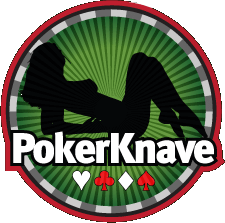Journal of Gambling Studies
Abstract In fixed-odds numbers games, the prizes and the odds of winning are known at the time of placement of the wager. Both players and operators are subject to the vagaries of luck in such games. Most game operators limit their liability exposure by imposing a sales limit on the bets received for each bet type, at the risk of losing the rejected bets to the underground operators. This raises a question—how should the game operator set the appropriate sales limit? We argue that the choice of the sales limit is intimately related to the ways players select numbers to bet on in the games. There are ample empirical evidences suggesting that players do not choose all numbers with equal probability, but have a tendency to bet on (small) numbers that are closely related to events around them (e.g., birth dates, addresses, etc.). To the best of our knowledge, this is the first paper to quantify this phenomenon and examine its relation to the classical Benford’s law. We use this connection to develop a choice model, and propose a method to set the appropriate sales limit in these games.
Mabel Chou, Qingxia Kong, Chung-Piaw Teo, Zuozheng Wang, Huan Zheng

